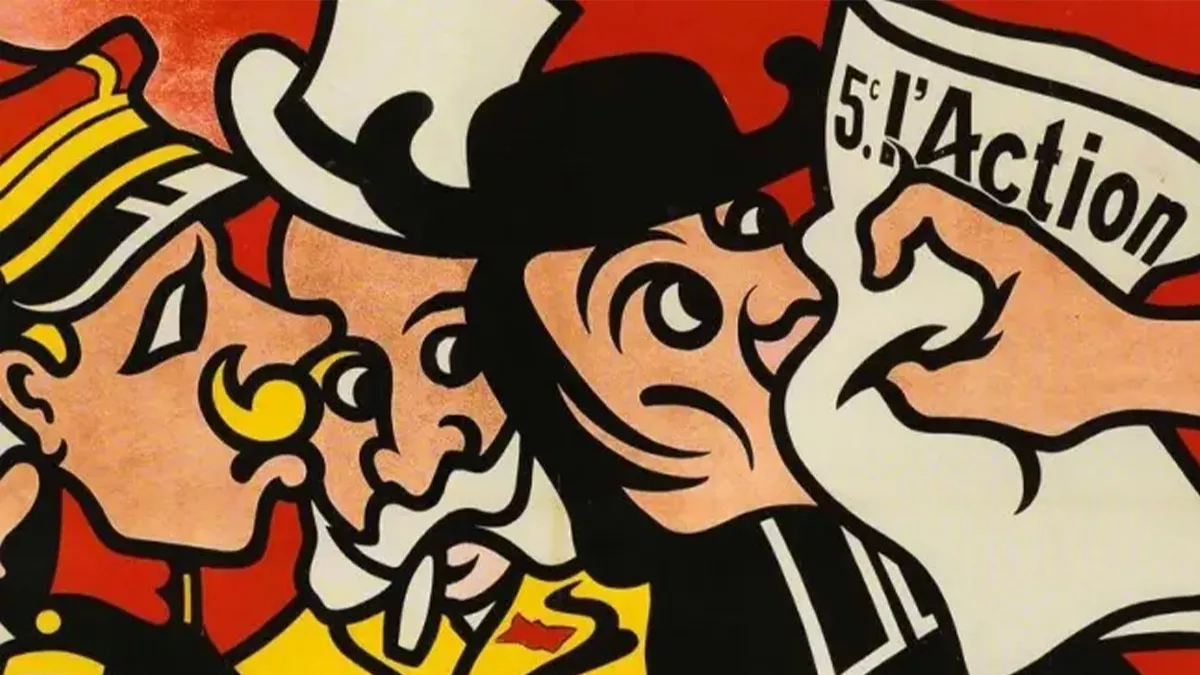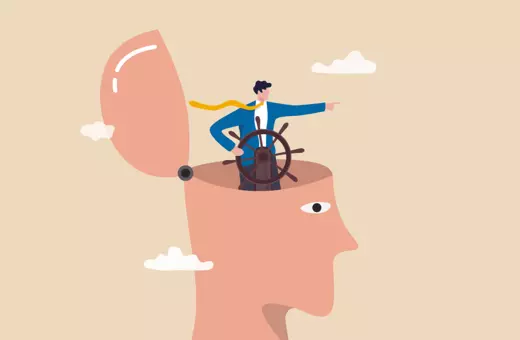For millennia, from Plato to the Politburo, media has served the powerful—all preferring readers to consume, not write themselves. But social media has flipped the script. In a world where tweets compete with treatises for authority, expertise no longer rules. Philosopher Steve Fuller argues this "post-truth" moment isn't a crisis. It's democracy finally taking itself seriously.
We have grown accustomed to the “democratizing” character of social media, with its bewildering proliferation of alternative points of view, any of which seems capable of commanding the collective imagination—at least for a brief period. While everyone still claims to be seeking the truth, expertise matters less than ever before. Easily accessed information on user-friendly platforms potentially renders anyone an “authority” on something of current interest—at least for a brief period. Regardless of what you make of this situation, it marks a distinct moment in media history that may be a turning point. It is only in the modern era that the idea of communication as involving equal communicants has been promoted, and today’s social media exemplifies what that idea looks like on a global scale.
In Media and the Power of Knowledge, I argue that for most of human history, media has operated on a “broadcast” model, based on an asymmetry between the producers and consumers of information. This point is easily seen in terms of the past hundred years, during which radio and television largely functioned as oligopolies—often controlled by the state—designed to “inform, educate and entertain” the masses (to recall the BBC’s mission statement). However, the same approach has applied to all information and communication technologies, starting with writing. Thus, literacy drives are generally more enthusiastic for people to read what is written than to write for themselves.
___
In today’s terms, Plato was a man of mass media, not social media.
___
While Socrates famously denounced writing in the Phaedrus for corrupting memory and morals, he also less famously in the Timaeus praised writing—specifically, the codification of the Homeric epics—for its capacity to discipline the memories and morals of readers. The difference is that Plato—the one behind the Socratic mask—objected to the Sophists teaching Athenians to write down their thoughts before they spoke: It placed too much power in the hands of individuals to generate alternative futures that might upset the social order. However, he liked people’s speech being held accountable to a script that was externally authorized. In today’s terms, Plato was a man of mass media, not social media.
But even if all philosophy is footnotes to Plato, Plato doesn’t have the final word. Had he gotten his way, relatively few people nowadays would be licensed to write, even if many would be able and even required to read. In other words, literacy would display the sort of asymmetry that is familiar from the history of other communication and transport media: One is free to be conveyed by them, but not free to convey them. You’re free to ride in a car but not free to drive it, unless you’re licensed. Interestingly, the most influential journalist of the twentieth century, Walter Lippmann, believed that exactly this principle should apply to such mass circulation media as newspapers, magazines, radio, and television. And he cited Plato as his source, albeit modified for democratic times.
SUGGESTED VIEWING Dangerous media for dangerous times With Matt Kelly, Alan Rusbridger























Join the conversation